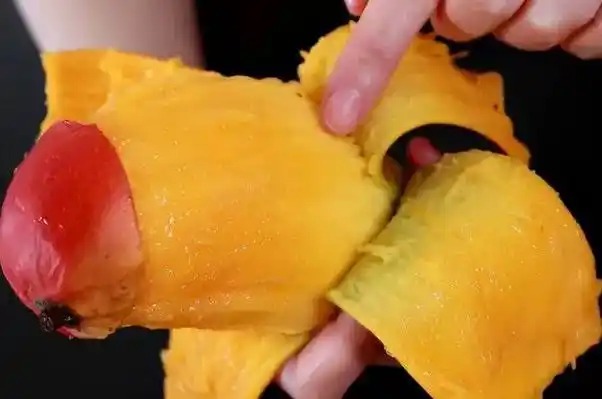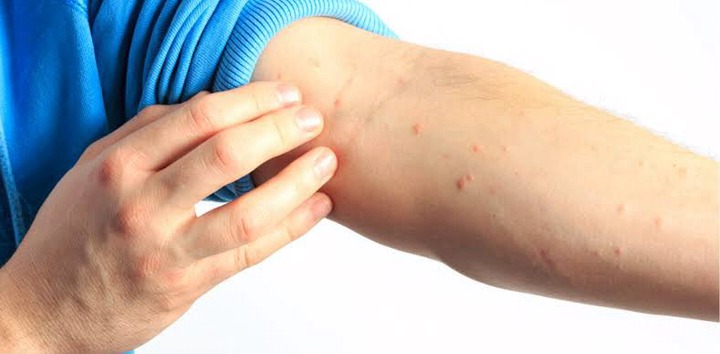Health experts have cautioned Nigerians against the practice of tying the legs of victims of snakebite with a cloth to stop the movement of the snake venom.
According to the experts, the practice and other crude management of snakebite are fuelling avoidable mortality and morbidity.

The call by the medical experts is coming after the Federal Government called for renewed vigour among stakeholders in snakebite management
One major harmful practice of snakebite management that should be discouraged, according to the experts, is the tying of the leg of victims after snakebite.
They stressed that the practice is fuelling cases of limb amputation.
According to them, victims of snakebite should rather immediately call for help and ensure they are taken to good health facilities for appropriate treatment.
Speaking in an exclusive interview with PUNCH HealthWise, a Consultant Orthopaedic and Trauma Surgeon at the National Orthopaedic Hospital, Igbobi, Lagos, Dr. Bright Igbinoba, said there are things that were done in the past when a person was bitten by a snake that are being discouraged nowadays.
Igbinoba said it is also important to quickly rush a person bitten by a snake to the hospital to avoid orthopaedic effects that could lead to complications and amputation of the limb.
The orthopaedic surgeon explained, “The first thing that should not be done after a person is bitten by a snake is tying something tight around the limb.
“Normally, once a person is bitten by a snake, the limb is swollen. So, as you tie it, it becomes more swollen and blood will not flow into the limb and the limb will die. And once the limb is dead, it will need an amputation.
“Before, if a person has a snake bite, they will ask him or her to tear a piece of clothing and tie the leg. Tying that piece of clothing on the leg has been found to increase the risk of amputation.
“Again, the practice of cutting the bite mark of a snake with a razor blade should be discouraged. It has been found to introduce infection.
“Also, the practice of sucking the venom by mouth is also discouraged. It doesn’t really help because the venom can enter the mouth of the person trying to suck it.
“The use of cold compress is also discouraged.”
Igbinoba noted that snakebite might not lead to death or amputation if people get help on time and seek appropriate treatment.
According to the World Health Organisation, snakebite is a neglected public health issue in many tropical and subtropical countries.
The United Nations health agency says about 5.4 million snakebites occur each year, resulting in 1.8 to 2.7 million cases of envenoming (poisoning from snakebite).
“There are between 81, 410 and 137, 880 deaths and around three times as many amputations and other permanent disabilities each year,” WHO says.











Leave a Comment